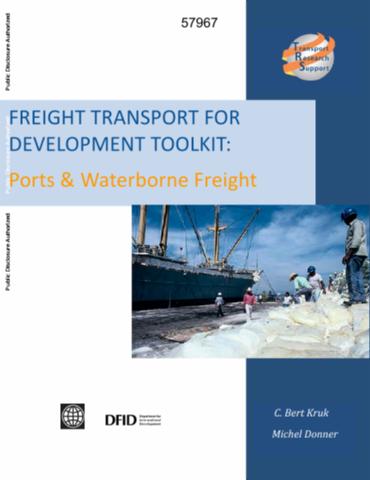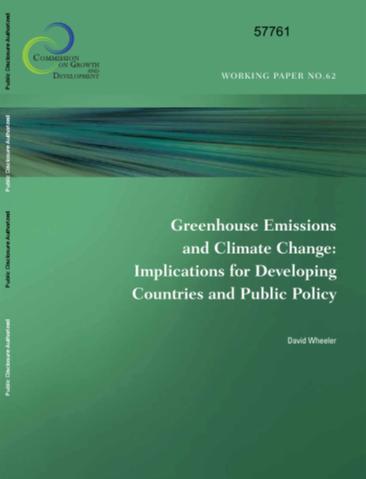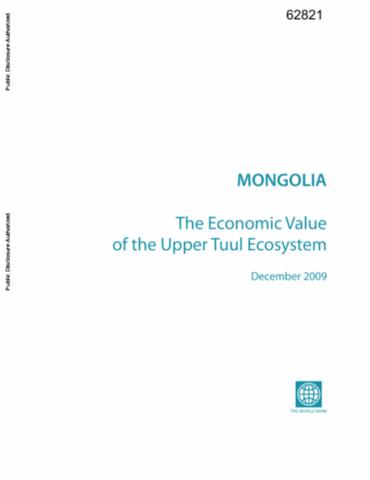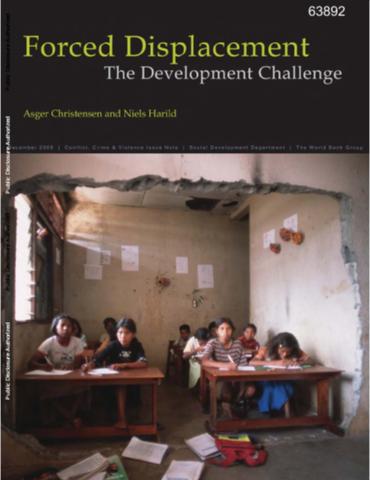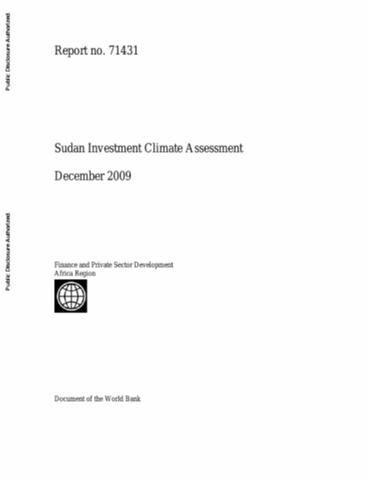The World Bank is a vital source of financial and technical assistance to developing countries around the world. We are not a bank in the ordinary sense but a unique partnership to reduce poverty and support development. The World Bank Group has two ambitious goals: End extreme poverty within a generation and boost shared prosperity.
- To end extreme poverty, the Bank's goal is to decrease the percentage of people living on less than $1.25 a day to no more than 3% by 2030.
- To promote shared prosperity, the goal is to promote income growth of the bottom 40% of the population in each country.
The World Bank Group comprises five institutions managed by their member countries.
The World Bank Group and Land: Working to protect the rights of existing land users and to help secure benefits for smallholder farmers
The World Bank (IBRD and IDA) interacts primarily with governments to increase agricultural productivity, strengthen land tenure policies and improve land governance. More than 90% of the World Bank’s agriculture portfolio focuses on the productivity and access to markets by small holder farmers. Ten percent of our projects focus on the governance of land tenure.
Similarly, investments by the International Finance Corporation (IFC), the World Bank Group’s private sector arm, including those in larger scale enterprises, overwhelmingly support smallholder farmers through improved access to finance, inputs and markets, and as direct suppliers. IFC invests in environmentally and socially sustainable private enterprises in all parts of the value chain (inputs such as irrigation and fertilizers, primary production, processing, transport and storage, traders, and risk management facilities including weather/crop insurance, warehouse financing, etc
For more information, visit the World Bank Group and land and food security (https://www.worldbank.org/en/topic/agriculture/brief/land-and-food-security1
Resources
Displaying 4696 - 4700 of 4907Freight Transport for Development Toolkit
The estimate of the United Nations Conference on Trade and Development is that more than 80 percent or close to 8 million tons in 2007, of world freight is transported by sea. Most, if not all, freight transport moves from the producer to the consumer through logistic processes thereby passing a number of nodal points. As for waterborne transport, sea and river ports and terminals form these nodal points where freight is transferred from one mode to another.
Greenhouse Emissions and Climate Change
There is no longer any serious debate about whether greenhouse gas emissions from human activity are altering the earth's climate. There is also a broad consensus that efficient mitigation of emissions will require carbon pricing via market based instruments (charges or auctioned tradable permits). The remaining controversies stem mostly from economic and technological forecasting uncertainties, disputes about global and intergenerational equity, and political divisions over collective measures to combat climate change.
Mongolia
The economic value of the Upper Tuul ecosystem in Mongolia reports on a study carried out under the auspices of the World Bank and the Government of Mongolia. The goal of the study was to improve understanding about the economic value of the Upper Tuul ecosystem for Ulaanbaatar's water supplies and how this might be affected by different land and resource management options in the future.
Forced Displacement
This note discusses the development dimensions of forced displacement, and the potential role of the World Bank to address these dimensions and contribute to durable solutions for group's who have returned from or are in displacement situations. For the purposes of this note, forced displacement refers to the situation of persons who are forced to leave or flee their homes due to conflict, violence, and human rights violations.
Sudan Investment Climate Assessment
This report on Sudan's Investment Climate Assessment (ICA) provides a baseline assessment of challenges to productivity, diversification and inclusion. Chapter 1 describes some of the questions underlying the three issues of competitiveness, diversification and broad-based growth. Chapter 2 analyzes firm performance and competitiveness. Chapter 3 discusses markets and trust. Chapter 4 describes the role of the financial sector. Chapter 5 analyses the informal sector. Chapter 6 discusses the conflict-affected private sector development.






